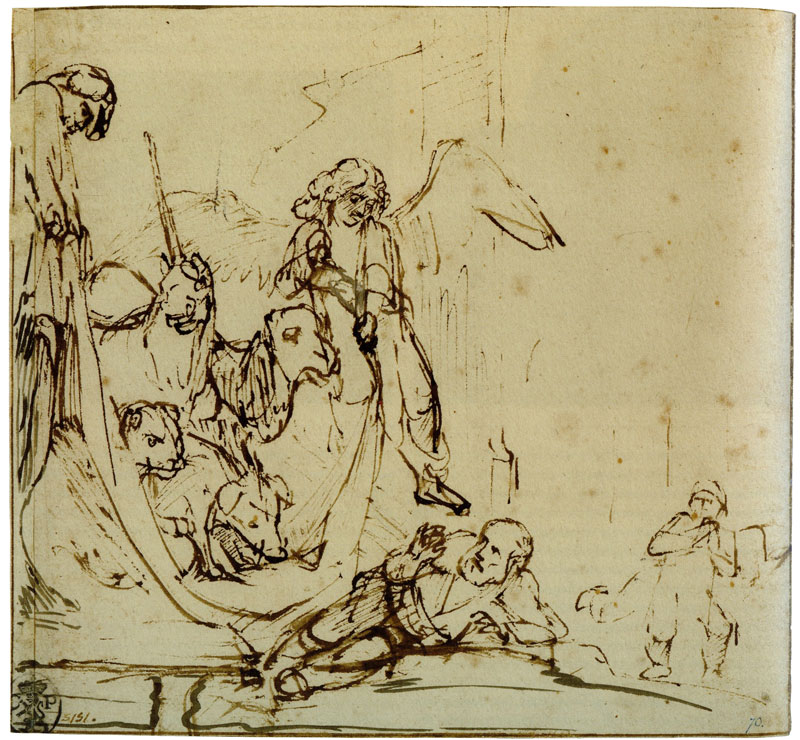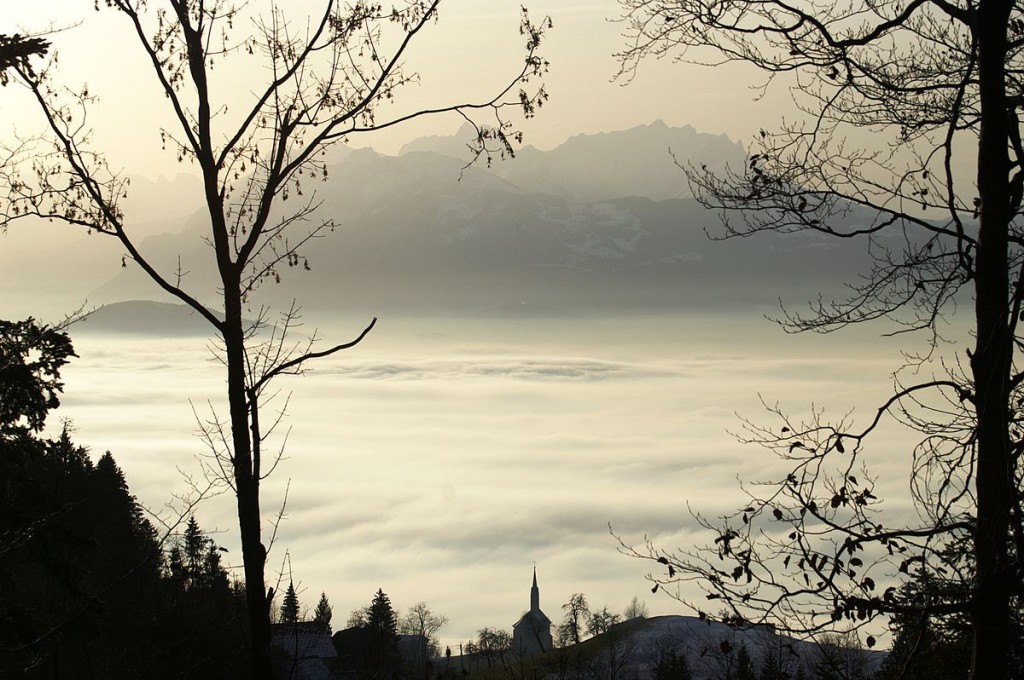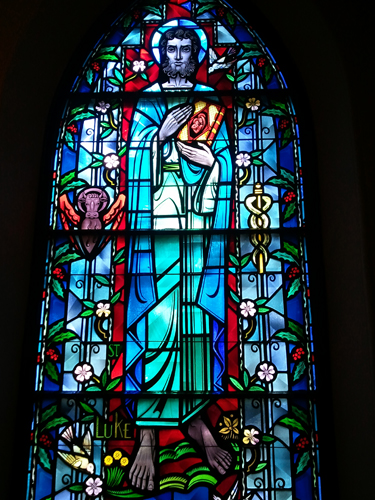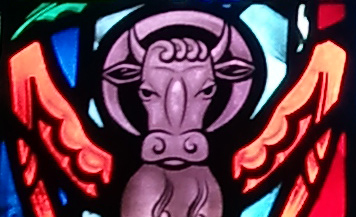
The Vision of St. Peter, c.1658-59
Rembrandt
Graphische Sammlung, Munich
The next day, as they were on their journey and coming near the city, Peter went up on the housetop to pray, about the sixth hour. And he became hungry and desired something to eat; but while they were preparing it, he fell into a trance and saw the heaven opened, and something descending, like a great sheet, let down by four corners upon the earth. In it were all kinds of animals and reptiles and birds of the air. And there came a voice to him, “Rise, Peter; kill and eat.” But Peter said, “No, Lord; for I have never eaten anything that is common or unclean.” And the voice came to him again a second time, “What God has cleansed, you must not call common.” This happened three times, and the thing was taken up at once to heaven.
There’s more to school than learning your lessons. Half of the work of school is figuring out school, and consciously or unconsciously we all figure out how the system works. If the teacher says it twice, it’s on the test. If you’re asked a question in Sunday School (Formation!) and you don’t know the answer, try “Because he loves us.” The whole enterprise is one of being ready when you are questioned.
Sometimes, to our great relief, the quizzing can simple and transactional (“What is the capital of Nebraska?”), and at other times it’s complicated (“What is the air speed velocity of an unladen swallow?”). In that space before you answer, other questions come to mind: Does the questioner want to know your opinion? Is there a single right answer? Is the question that’s been spoken actually a different question in disguise? What are you really asking? Why are you asking? And if you’re asked something by the all-knowing Deity, then it can really mess with your head.
The Bible is full of stories with uncomfortable questions. Sometimes there’s no answer but to hand the question back to the one who asks:
“Son of man, can these bones live?” And I answered, “O Lord God, thou knowest.” Ezekiel 37: 1-14
Then one of the elders addressed me, saying, “Who are these, clothed in white robes, and whence have they come?” I said to him, “Sir, you know.” And he said to me, “These are they who have come out of the great tribulation; they have washed their robes and made them white in the blood of the Lamb. Revelation 7
He said to him the third time, “Simon, son of John, do you love me?” Peter was grieved because he said to him the third time, “Do you love me?” And he said to him, “Lord, you know everything; you know that I love you.” Jesus said to him, “Feed my sheep. John 21: 15-19
People of faith live with questions and search for answers. Most of us expect that someday God will hold us accountable, or at the very least have a serious discussion with us about our spiritual lives. So we read, we think, we discuss, we pray. Reciting our lessons and recounting our history helps us review what we’ve been taught and pass on that knowledge.
Ma nishtana? How is this night different from all other nights?
But what if God wants to teach us something new? How are we to know if we’re to stand firm and recite what we’ve been taught, or stop and open our minds? Lord, lead us not into temptation!
Peter finds himself in this confusing situation during his rooftop vision. He’s given a directive “Rise, Peter; kill and eat.” that he takes as a test and a temptation, and so he gives the answer he’s been taught. He speaks the truth he knows.
And that’s when God gives him something new. “What God has cleansed, you must not call common.” It’s new, but it’s not clear. It’s perplexing. Peter will have to ponder a while. And that’s when Cornelius’ men show up at the gate and the Spirit returns to tell Peter to accompany them.
It turns out that the lesson is not actually about food or killing or keeping kosher. It’s about people and about grace. “God has shown me that I should not call any man common or unclean.” God leads Peter, not into temptation, but to a corner and tells him to take the turn.
Scary stuff. It’s hard to know even what kind of test we’re taking, much less what the answer is. Who’s asking? Why are they asking? Is this a trap? If Peter was perplexed and pondering then I suppose we should expect to be too. But somehow we have to be open, ready to be surprised.




